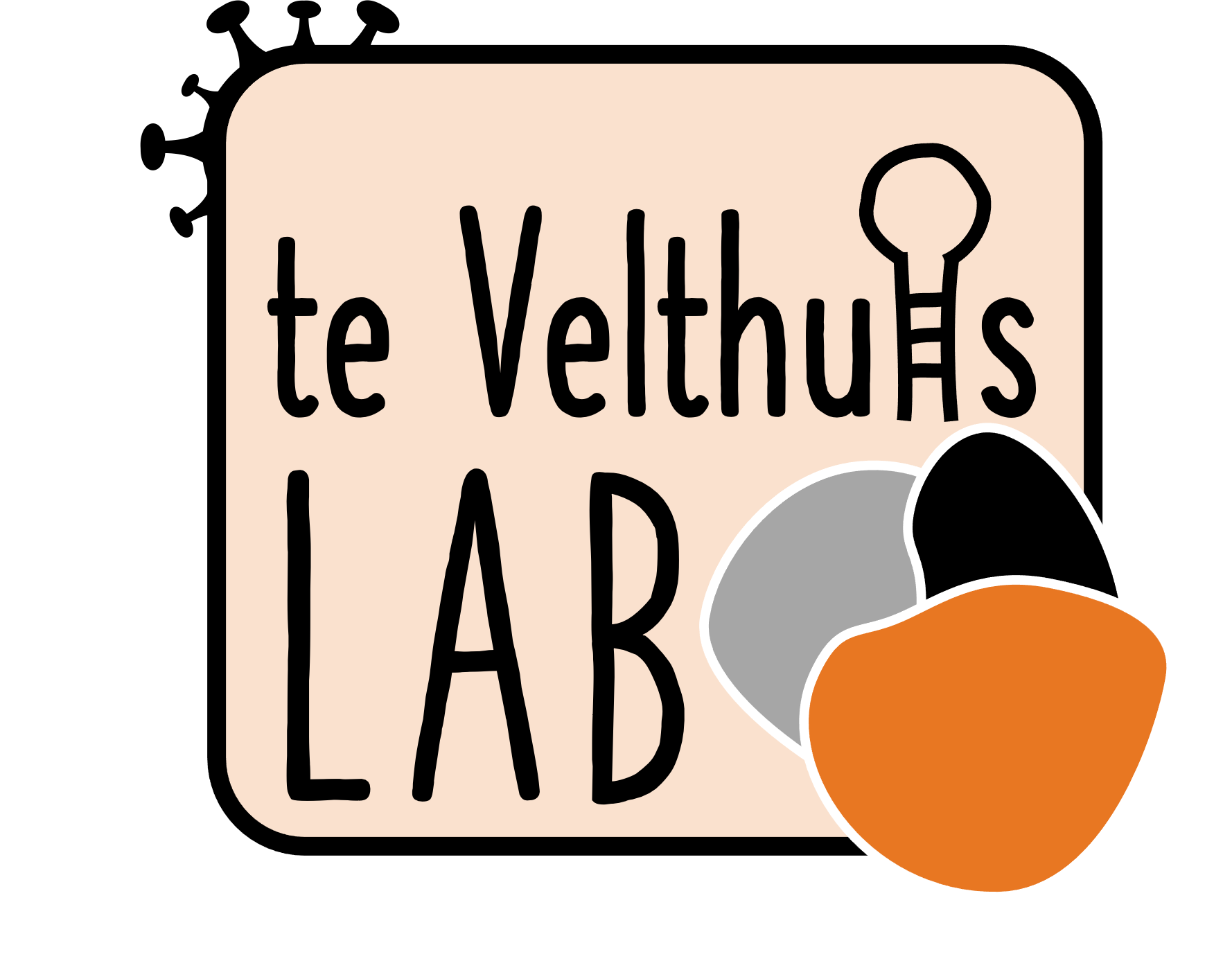Host restriction of influenza virus polymerase activity by PB2 627E is diminished on short viral templates in a nucleoprotein-independent manner
Publication Year
2014
Type
Journal Article
Abstract
Most avian influenza viruses do not replicate efficiently in human cells. This is partly due to the low activity of the RNA polymerase of avian influenza viruses in mammalian cells. Nevertheless, this impediment can be overcome through an E→K adaptive mutation at residue 627 of the PB2 subunit of the polymerase. Accordingly, viral ribonucleoprotein (RNP) reconstitution assays show that a viral polymerase containing PB2 627E has impaired activity in mammalian cells compared to a viral polymerase that contains PB2 627K, characteristic of mammalian-adapted influenza viruses. In contrast, purified viral polymerases containing either PB2 627E or PB2 627K show comparable levels of activity in transcription assays that require no RNP assembly. We sought to reconcile these conflicting observations by using an NP-independent cell-based transcription/replication assay to assess viral polymerase activity. We found that PB2 627E polymerase restriction in mammalian cells is independent of NP expression but is dependent on the length of the viral RNA template. In addition, restriction of PB2 627E polymerase was overcome by mutations specific to the viral RNA template promoter sequence. Consequently, we propose that PB2 627E affects recruitment of the viral RNA promoter by the viral polymerase in mammalian cells.
Keywords
Journal
J Virol
Volume
88
Issue
1
Pages
339-44
Date Published
01/2014
ISSN Number
1098-5514
Alternate Journal
J Virol
PMID
24155385

